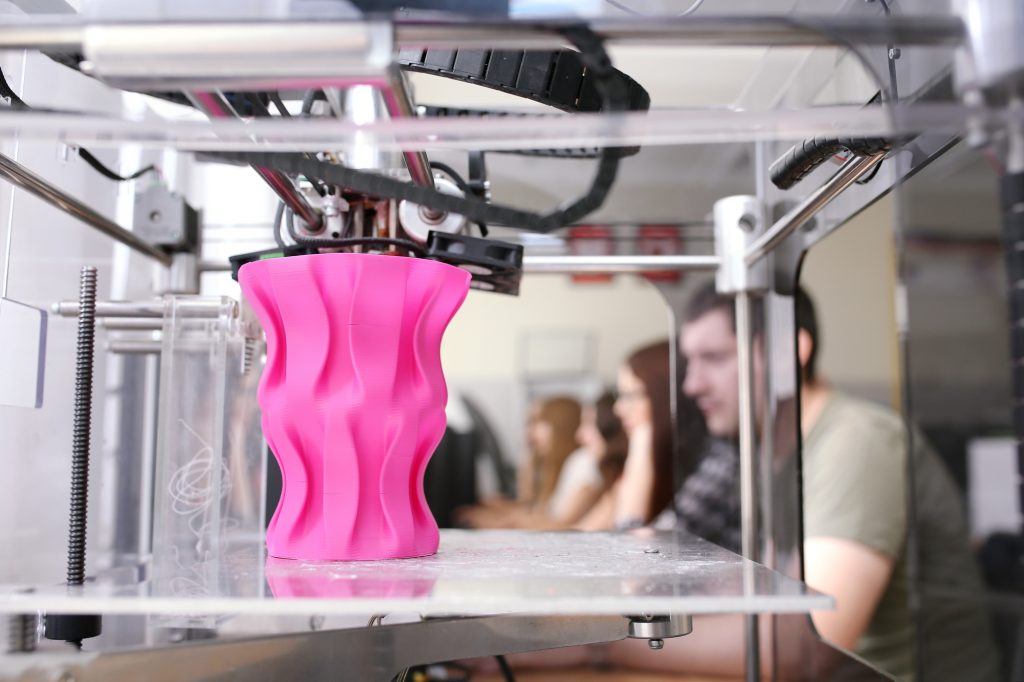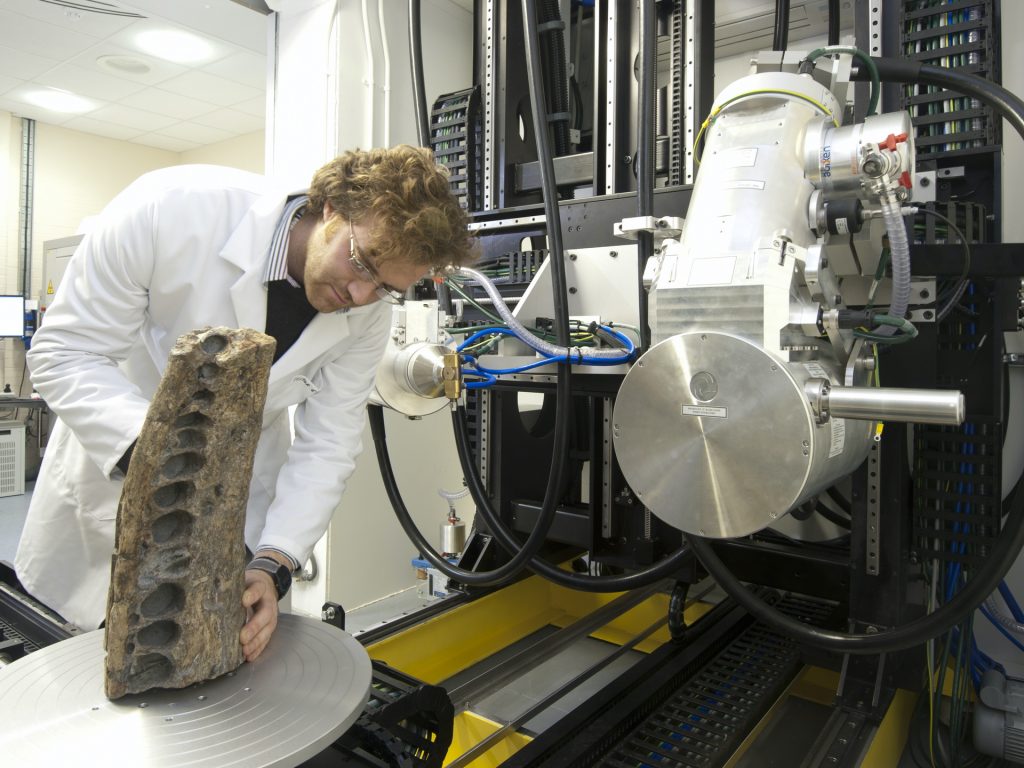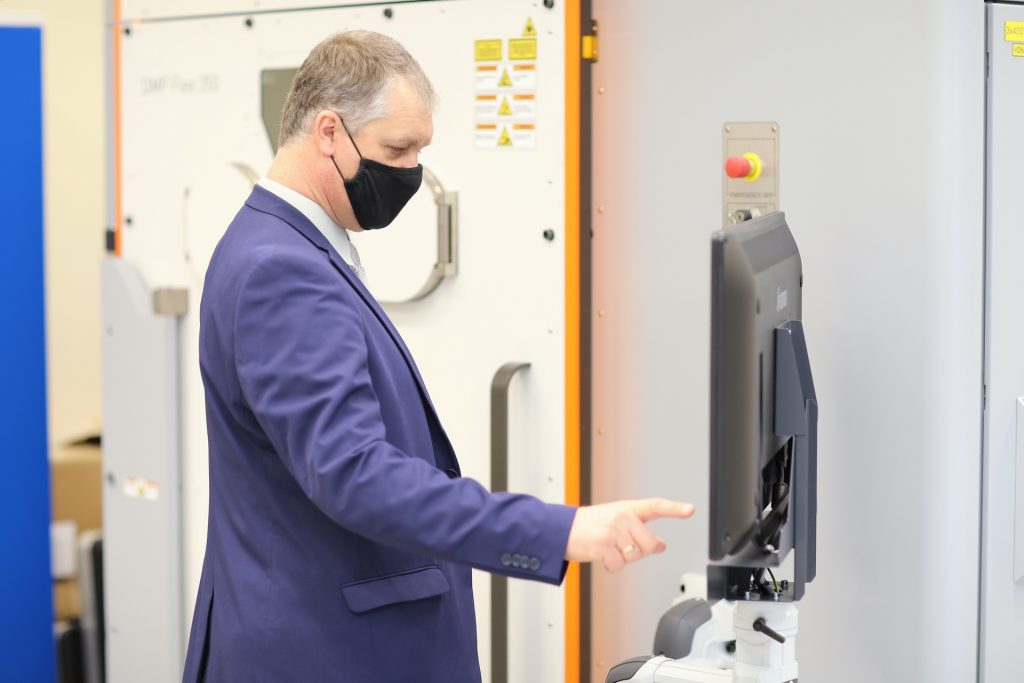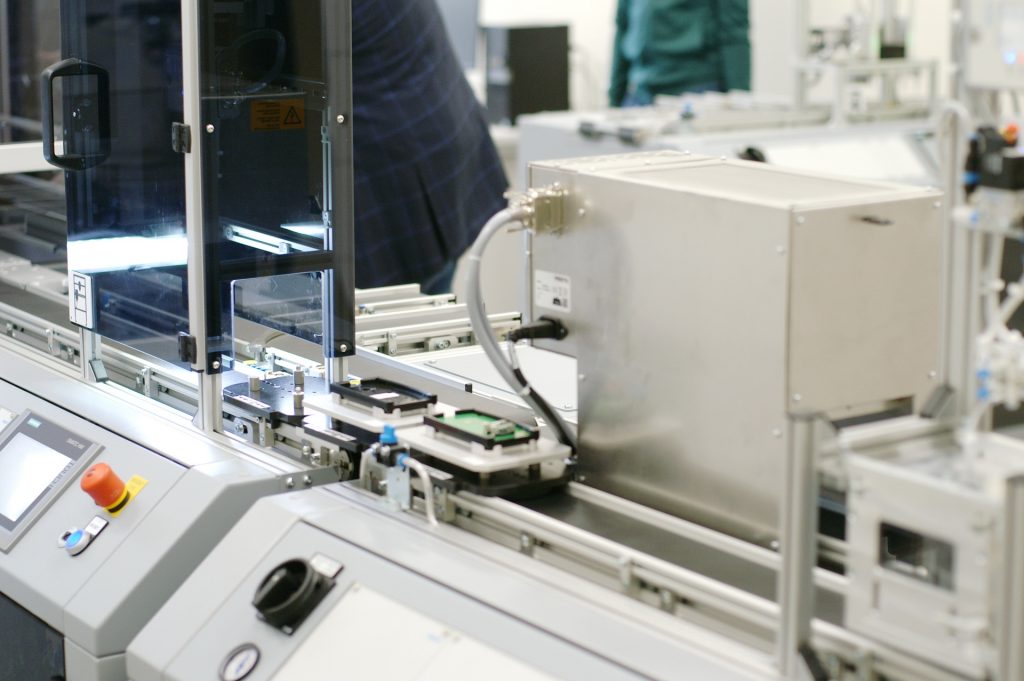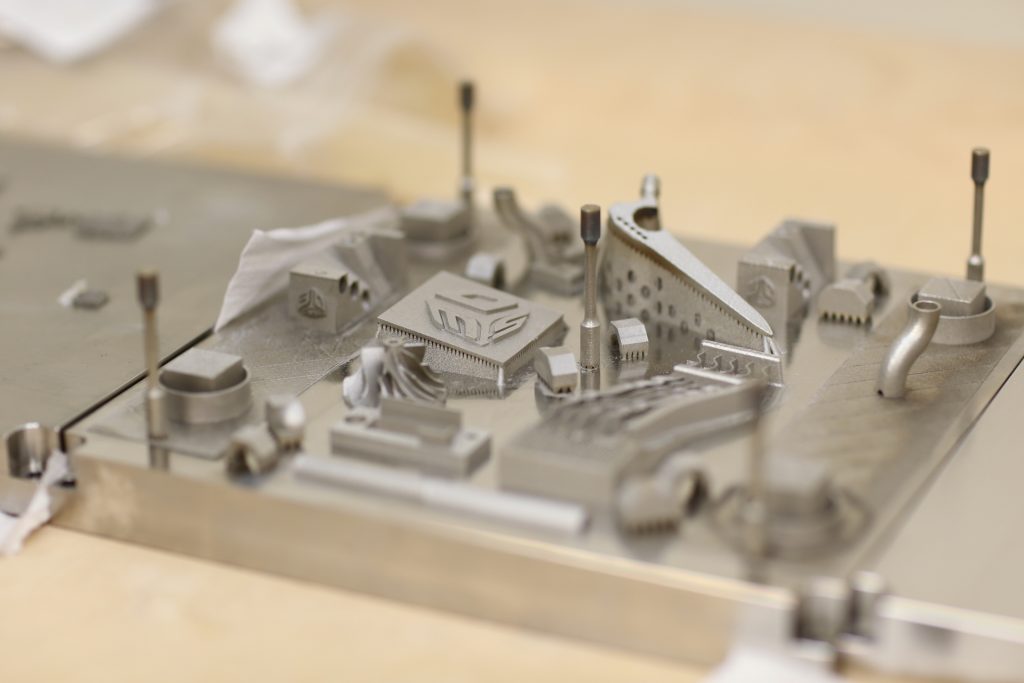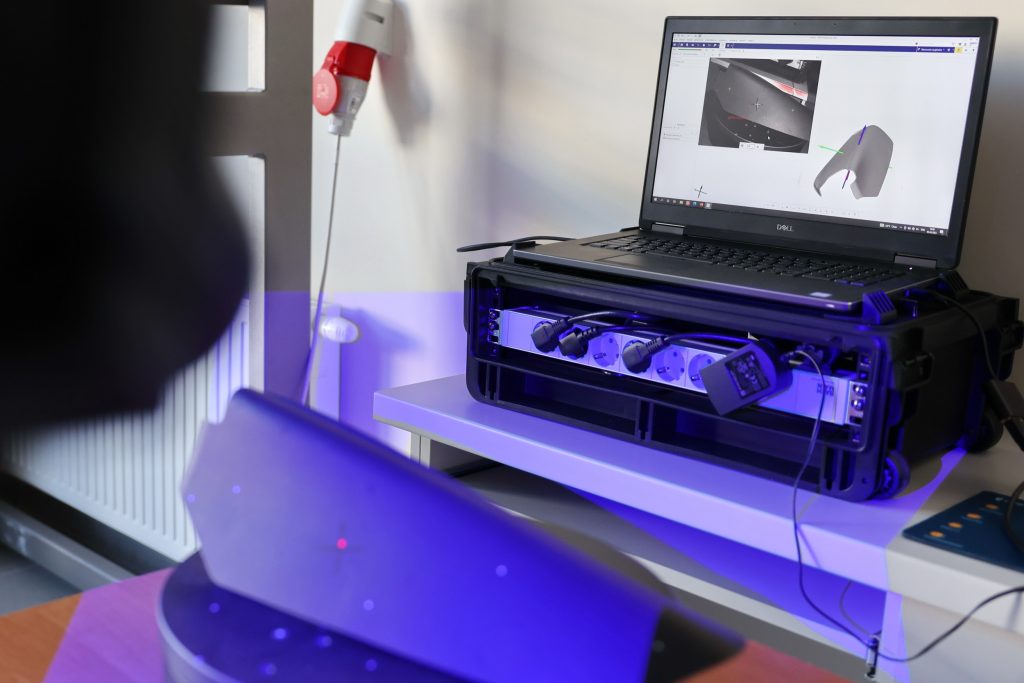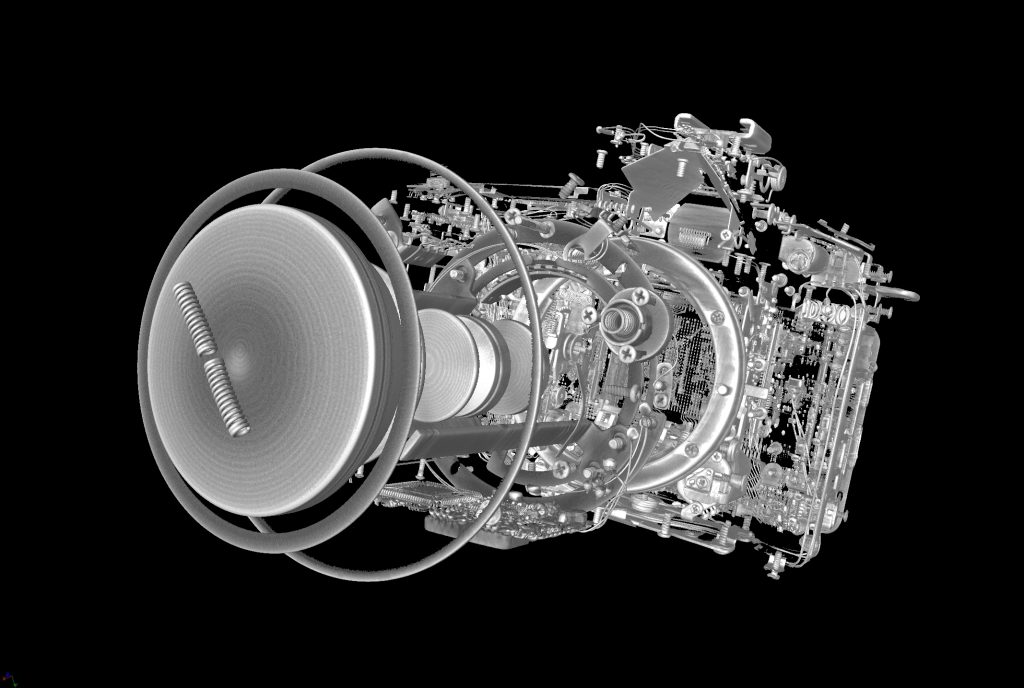Building and maintaining competitiveness in modern industry is linked to the widespread use of information technology in automated production systems to build an intelligent network of machines and processes. The global market for automation and robotics technology is growing at a very dynamic rate (year-on-year growth of 40.6%); it is estimated that the value of this market will reach USD 25.66 billion in 2027.
In the concept of Industry 4.0, the integration of business management systems and digitally-controlled production machines enables increased flexibility and efficiency in production. The digital transformation of the company creates the conditions for the optimization and improvement of business and production processes through, among other things, the automatic identification of production resources, materials and products, continuous monitoring and predictive maintenance of machinery and equipment, computer-based integration of the organisation and execution of production processes.
The benefits within the company that arise with the implementation of Industry 4.0 type production models are:
- flexibility and speed (individualisation of products, efficient and scalable production resources, easy management of the production of multiple product variants);
- efficiency (small batch production with the advantages of mass production, optimised processes and inventories, production based on intelligent data analysis);
- competitiveness (low production costs, high innovation potential, security of current factory sites).


